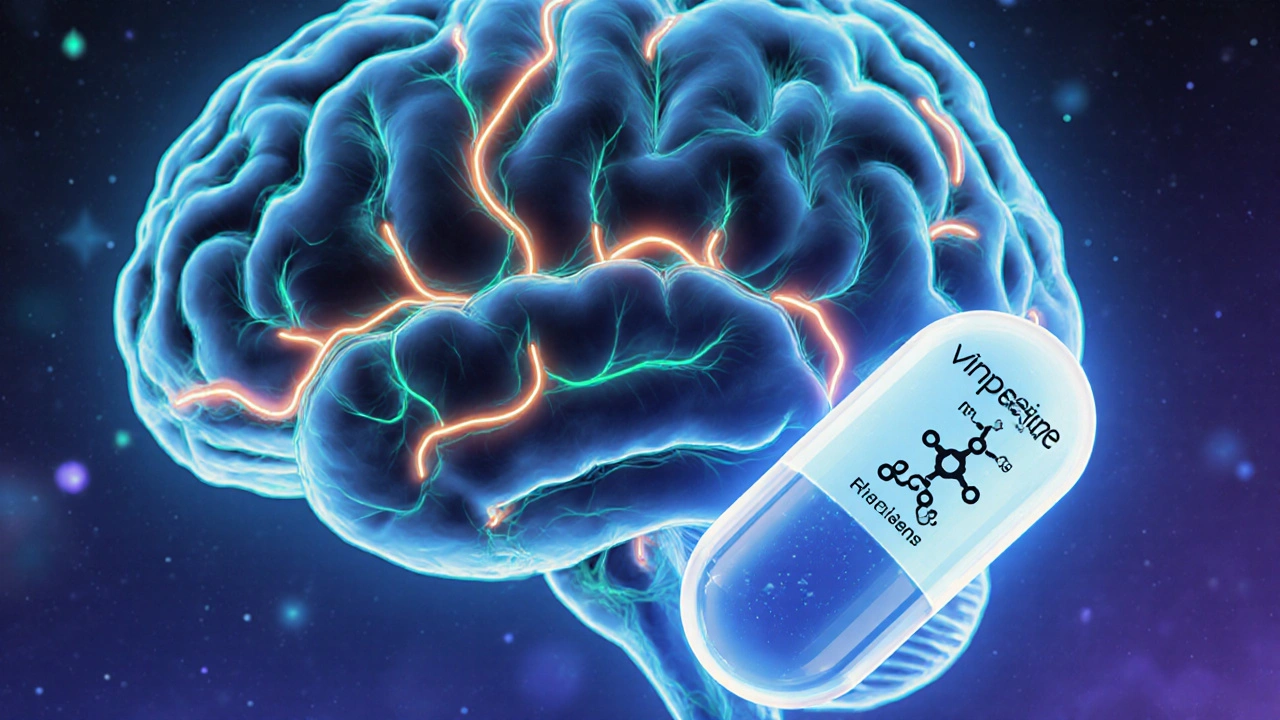Nootropic: What It Is, How It Works, and What You Need to Know
When people talk about nootropic, a substance used to enhance cognitive function, often called a smart drug or cognitive enhancer. Also known as cognitive enhancer, it’s not just caffeine or energy drinks—it’s anything from prescription pills to natural herbs that aim to sharpen focus, memory, or mental clarity. You’ve probably heard of them in tech circles, college campuses, or even from coworkers who swear by their morning routine. But what’s real, and what’s just marketing?
Nootropics aren’t one thing. They include modafinil, a prescription drug originally for sleep disorders, now widely used off-label to fight brain fog, L-theanine, an amino acid found in green tea that calms the mind without drowsiness, and even omega-3 fatty acids, a basic nutrient that supports long-term brain health. Some work fast, like a quick mental boost before a meeting. Others, like creatine or bacopa, take weeks to show effects. Not all are legal. Not all are safe. And not all have strong science behind them.
What you’ll find in the articles below isn’t a list of miracle pills. It’s real talk about what’s actually happening when people use these substances. You’ll see how nootropic use ties into antidepressant side effects, why some people swap their meds for supplements, and how gut health—even from diet—can quietly affect your focus. There’s no fluff here. Just clear connections between what you take, how your brain responds, and what the research actually says. Whether you’re curious, skeptical, or already using something, this collection gives you the facts without the hype.
Vinpocetine for Depression & Anxiety: Natural Mood‑Boosting Nootropic
Explore how vinpocetine works as a natural mood booster, its evidence for depression and anxiety, safe dosing, side effects, and how it compares to other supplements.

